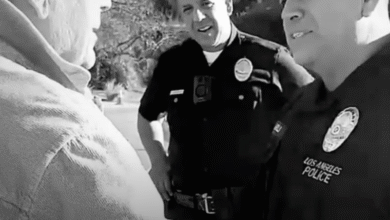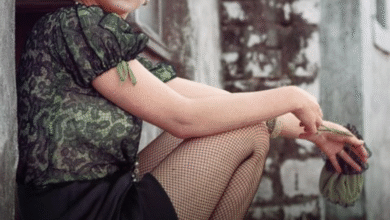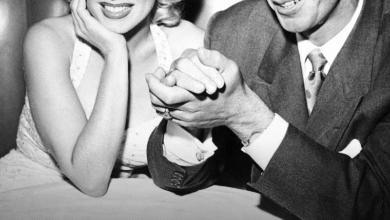Scarlett Johansson Reflects on Early Rom-Com Roles as ‘Deeply Unfulfilling’ Amid Industry Shifts
OPINION: This article may contain commentary which reflects the author's opinion.
Scarlett Johansson, now 40, has candidly spoken about the limitations of her early career in romantic comedies, describing those roles as “deeply unfulfilling” due to their frequent reliance on the male gaze. In a recent interview with The Times, Johansson reflected on how Hollywood’s approach to female characters has evolved—and how her own journey as an actor mirrors broader industry changes.
After gaining critical acclaim for her breakout performance in Sofia Coppola’s Lost in Translation (2003), Johansson found herself often offered parts that prioritized her sex appeal rather than character complexity. “A lot of the roles I was offered, or I went for, had their ambitions or character arcs revolving around their own desirability, or the male gaze, or a male-centered story,” she explained. “That is less frequent, though—something has shifted.”
Johansson highlighted the changing landscape for women in Hollywood: “You know, it’s a different time for young women. The messaging is different—there are many more role models, women are visible in powerful positions, and the opportunities I have had to play women who don’t have to just be one thing or another have increased.”
Over the years, Johansson has deliberately expanded her repertoire, taking on unconventional and challenging roles such as the enigmatic female alien in Jonathan Glazer’s Under the Skin and the voice of an AI in Spike Jonze’s Her. These choices required patience and perseverance. “I had to become comfortable with the idea that it could take some time,” she admitted. “Which is hard when you’re a young actor, but at that time I didn’t have any children.”
Holding out for meaningful roles was not easy. “My responsibility then was just to be productive,” she said, “trying to maintain the momentum of my career and wait for things that felt right. And that is hard because there is an existential angst that comes with waiting, but I had to allow space for the creative process to do its thing.”
Despite the anxiety that comes with the unpredictability of show business—“you feel like, at any moment, you’ll become irrelevant”—Johansson believes the wait was worth it. “I think it pays off—I know it does.”
Her experience resonates with many professionals beyond Hollywood, highlighting the tension between productivity and fulfillment. A 2021 YouGov survey of over 9,000 working Americans found only 55% felt their jobs made a meaningful contribution to the world, and more than half of those who saw no meaning in their work also felt unfulfilled.
Experts like motivational speaker Kirsty Hulse emphasize the importance of creative space, noting that quiet moments and reflection can spark innovation. “When your brain is going fast and you’re doing tasks and ticking things off your to-do list, you will never be able to hear your innovative ideas,” she told Business Insider.
Scarlett Johansson’s reflections shed light on the evolving nature of female roles in film and the universal struggle to find purpose and creativity in one’s work—a narrative of resilience and hope that extends well beyond the silver screen.



